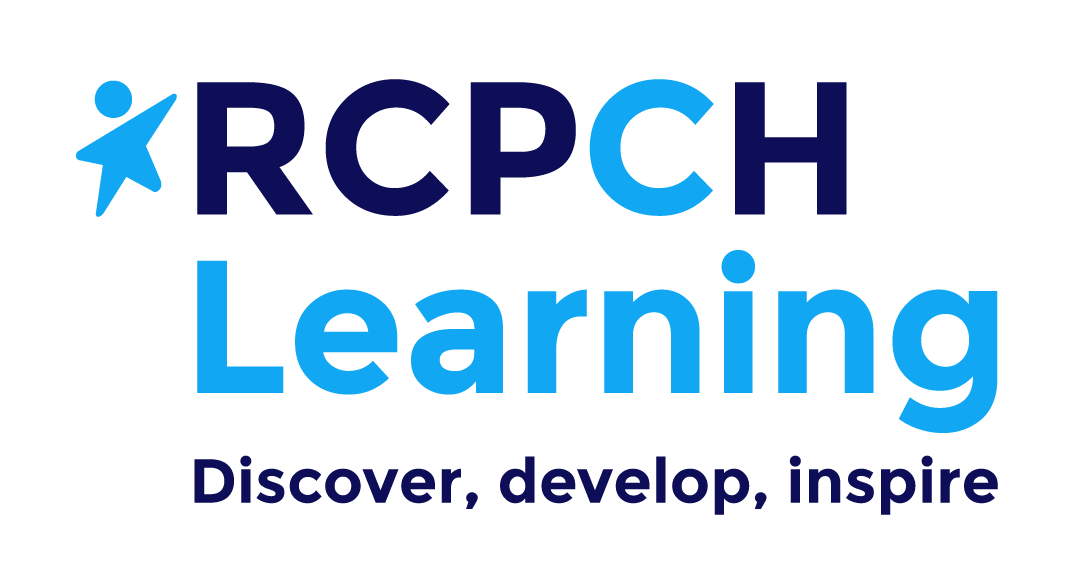How to Manage: FASD in Community Paediatric Services
This course will help you to develop an understanding of how to assess and diagnose Fetal alcohol spectrum disorders (FASD) within a local child development service including assessment of key domains, and diagnostic formulation.
What is the course about?
This course will help you to develop an understanding of how to assess and diagnose Fetal alcohol spectrum disorders (FASD) within a local child development service including assessment of key domains, and diagnostic formulation.
Target Audience
- Consultant paediatricians
- Experienced doctors in Community paediatrics
- Neuro-developmental paediatricians
Learning Aims, Objectives and Outcomes:
Aim:
The key aims of the course are to raise awareness of FASD amongst paediatricians from all specialities, including neonates. The course will cover the background and research base to FASD and the salient features and issues associated with this condition.
The course has a practical element and aims to equip paediatricians, particularly community/neurodevelopmental paediatricians, to be able to assess children in their clinics. The workshops will explore and give attendees skills to take a  thorough antenatal history, especially the alcohol and drug history, as well as explore other factors that could contribute to a child’s difficulties with their development and behaviour.
The skills gained in exploring this subject with parents will be transferable to others areas of paediatrics and ‘having difficult conversations’ with parents and children. The course aims to ensure that a broad formulation, rather than a single diagnosis, is considered to help a child receive the appropriate support they require.
Outcome:
By the end of this course you will be able to:
- Conduct a holistic assessment for FASD in a community paediatric setting
- Understand the complex profile of children with ante-natal exposure to alcohol
- Assess the risk of FASD based on the antenatal alcohol history
- Assess facial and other physical features of FAS/FASD and the relevance of these features
- Understand the different assessments for the CNS component of FASD assessments
- Identify ACEs and other substances and their impact on children
- Have an increased awareness of post-diagnostic support and resources
- Understand the impact on a child with FASD from a parent/carer’s perspective
- Be aware that the needs of parents/carers differ and how professionals can support them
Faculty Leads
Dr Jamie Carter
Dr Jamie Carter is a Consultant Paediatrician working in Brighton & Hove and is the Designated Doctor for Child Protection for Brighton and Hove CCG and West Sussex. He assesses children with possible FASD and developmental trauma in a child development centre. He has completed a Fellowship in the Child Protection Unit at Sydney Children’s Hospital, Australia and is trained in the forensic assessment of children who have been suspected of being sexually abused. Dr Carter has developed and delivered training in a number of areas to varied audiences as well as worked as an expert witness in the area of child protection. Dr Carter was Assistant Child Protection Officer with the remit of overseeing Education in Safeguarding and Child Protection at the RCPCH until 2018.
Dr Michelle Bond
Dr Michelle Bond is a Consultant Community Paediatrician working for Sussex Community NHS Foundation Trust. She is the named Dr for LAC for Brighton and Hove, Medical Adviser to the Adoption Panel and leads the FASD assessment pathway (as part of the neurodevelopmental pathway) in the Child Development Centre in Brighton & Hove. She has delivered training on FASD both locally and nationally for a variety of audiences.
